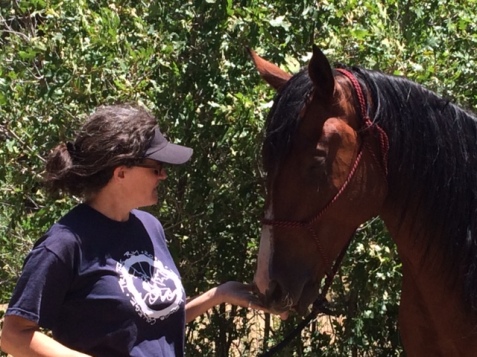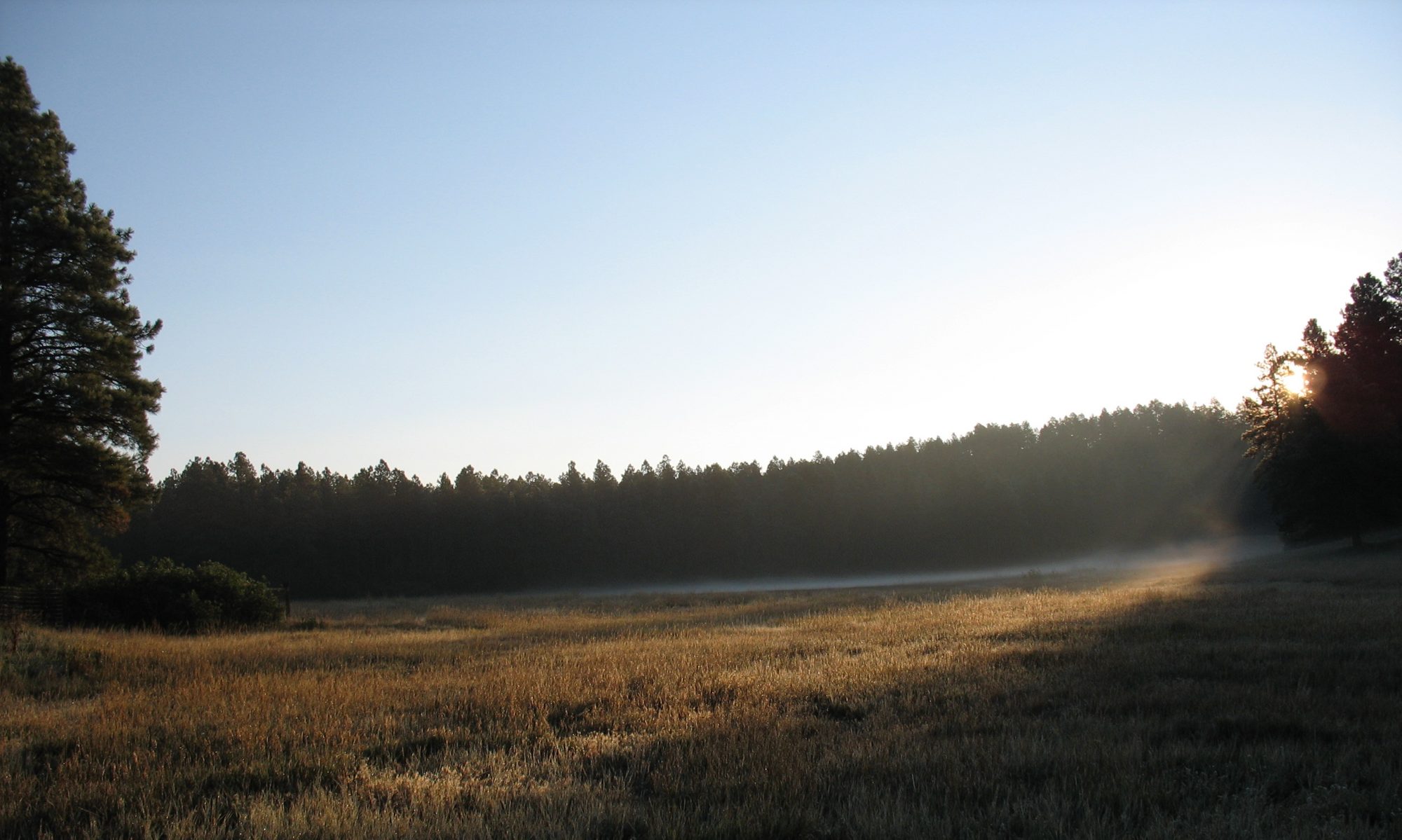
I was thinking about horses today, which I guess goes without saying. Yesterday my young horse Bridger was a turd during our ride and today he was charming. That’s what I said to a friend, only it’s not true. On both days he was himself, doing what he needed to do. The rest is on me.
I called my trainer Kathleen to complain about his fractious behavior yesterday. As always, she was consistent in using words like “lost” and “troubled,” while I was thinking “shit head” and “obnoxious.” This, even though I love my horse to distraction and always fall into sentiment where he’s concerned. Even still, Kathleen has to remind me over and over and over again to look at the world through his eyes instead of rushing to label him. I know how to do this; I believe this is the right thing to do; I enjoy doing this; but I always forget to do it when things get tough. I keep defaulting to blaming my horse.
Yesterday I took Bridger on what was supposed to be a short, easy, mindless ride on the road past our house. It was late afternoon at the end of a long and tiring work week and I thought this little outing would be just the thing. Instead, Bridger was tossing his head and surging forward, threatening to bolt out from under me. When I picked up a rein to ask him to turn his head, he grabbed the bit with his mouth and pulled the other way. At one point, he thought he might rear up on me, which he hasn’t tried for almost a year. His body thrummed with energy. We were on the edge of a blowup most of the time. Using everything Kathleen taught me over the years, I kept a lid on things. Instead of heading down the road, we spent 45 minutes circling and slaloming and backing and retracing our steps over 30 yards of road and shoulder. When I finally got him to cooperate with me a bit, I jumped off and called it a frustrating day.
I managed to make the worst of it, as I often do. Why was he such an ass? I asked myself. I’m really screwing this horse up, I told myself. I’m allowing him to be a spoiled jerk, I complained, and we are both going to hell in a hand basket. I called Kathleen. Did I do the wrong things with him? Should I have done this instead of that? Maybe, she replied, but most importantly, she spoke for Bridger.
What I saw as an easy little outing was actually one of the tougher things I could have asked of him. I took him away from his friends to ride alone, which is always challenging for an inexperienced horse. But I didn’t take him far — he could hear and smell and see his buddies the whole time. I set up a situation in which he was sure to be both worried about being alone and highly motivated to get back to the friends who were so tantalizingly near. We reminisced that when we took Bridger away from home with no other horse in sight he usually did just fine. He’s not awfully worried about simply being away from his friends, but I put him in a double bind and then expected him to focus and relax. And let’s not forget that I was probably tired and strung out, which did nothing to ease his concerns.
Instead of seeing what he was going through, I called him a shit head. Thank goodness I’m well-trained enough that I didn’t punish him or yell at him, but I labelled him bad and savaged myself for making him bad.
Isn’t this what we do? You’d be amazed how many horses are stupid shit heads every day, running or bucking or otherwise trying to save themselves from things we don’t take the time to understand. Things we create for them, as often as not, and then blame them for their reactions.
Today I took Bridger to the arena along with his buddy Jack. I let him run and buck a little first and take a couple rolls in the hot sand. Then we did some work while Jack stood nearby. Bridger was an excellent student today, and a wonderful guy to be around. If I were less educated, I might congratulate myself on having a perfect horse and being an especially skilled horsewoman. That’s a more pleasant picture than yesterday’s, but it’s no more true.
On both days, my choices and the environment created circumstances. I came to both situations with expectations and a background emotional state. Bridger responded to the circumstances and to me as it all seemed to him. Today his responses fit very nicely with my plans. Yesterday, not so much. End of story.
